Trump Issues Sweeping Travel Ban on 12 Nations, Including Afghanistan and Iran
 2 Min Read
2 Min Read
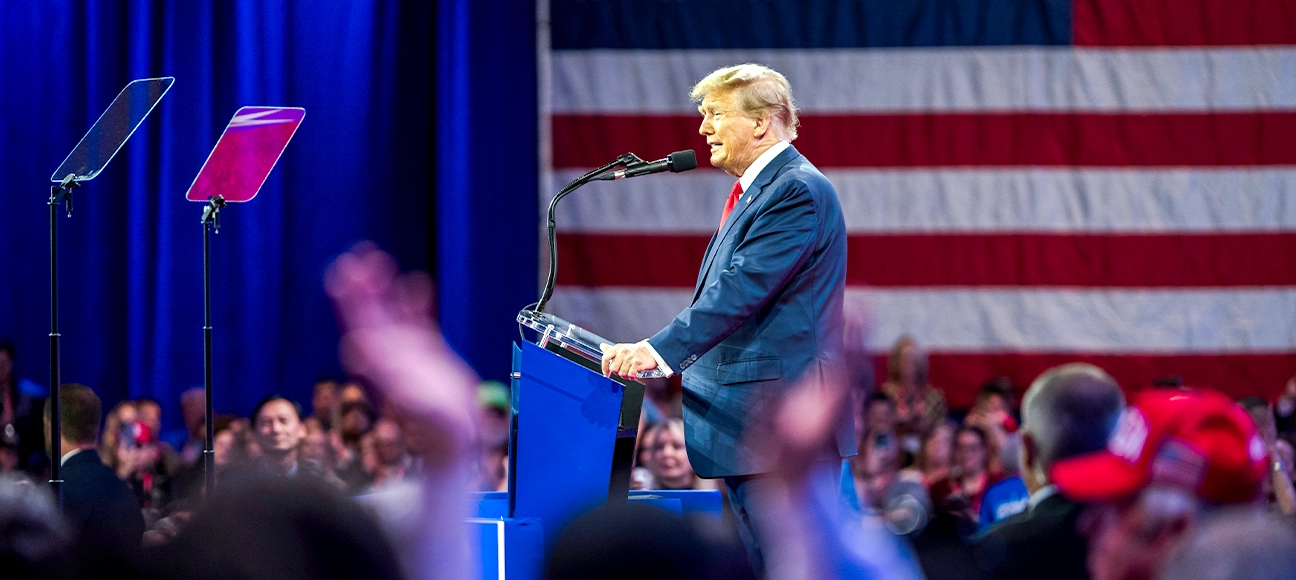
Former U.S. President Donald Trump has signed a new proclamation blocking citizens from 12 countries, including Afghanistan, Iran, Libya, and Somalia, from entering the United States. The directive, effective from 9 June 2025, also imposes partial restrictions on nationals from an additional seven countries, sparking international backlash.
The latest immigration policy—framed as a measure to “protect the United States from foreign terrorists”—marks a significant escalation in Trump’s immigration crackdown. It applies to both immigrant and non-immigrant visa holders, including international students and exchange scholars.
Countries now facing a full travel ban include Afghanistan, Burma, Chad, Republic of the Congo, Equatorial Guinea, Eritrea, Haiti, Iran, Libya, Somalia, Sudan, and Yemen. Meanwhile, travellers from Burundi, Cuba, Laos, Sierra Leone, Togo, Turkmenistan, and Venezuela will face restricted entry.
The UK, a long-standing ally of the US, expressed concern over the sweeping nature of the restrictions, particularly regarding their impact on education and human rights. British academics and universities, many of whom partner with US institutions, fear the policy will hinder global academic collaboration.
The proclamation directly affects students from the 19 targeted countries who are outside the US without a valid visa as of 9 June. However, those already in the country with valid visas, or holding visas issued before the effective date, are exempt.
The directive cites national security concerns, visa overstays, and poor information-sharing by the affected nations. Trump also referenced a recent alleged terrorist attack in Colorado, claiming it underscored the need for stricter vetting.
The decision has been widely condemned as discriminatory and damaging to international education. Miriam Feldblum, CEO of the Presidents’ Alliance, warned that the move would “create further chaos and uncertainty” in international student mobility—one of the US’s largest service exports.
As global scrutiny mounts, critics argue the ban undermines both academic freedom and America’s international standing.
Source: THE PIE NEWS
Top Stories

British Council Hosts New Directions South Asia 2025 in India
February 28, 2025 | By Ezra
Bangor University to Cut 200 Jobs Amid Financial Crisis
February 27, 2025 | By Jace
AI-Generated Journalism Fails to Meet Audience Expectations: RMIT Report
February 26, 2025 | By VaidantMore Articles
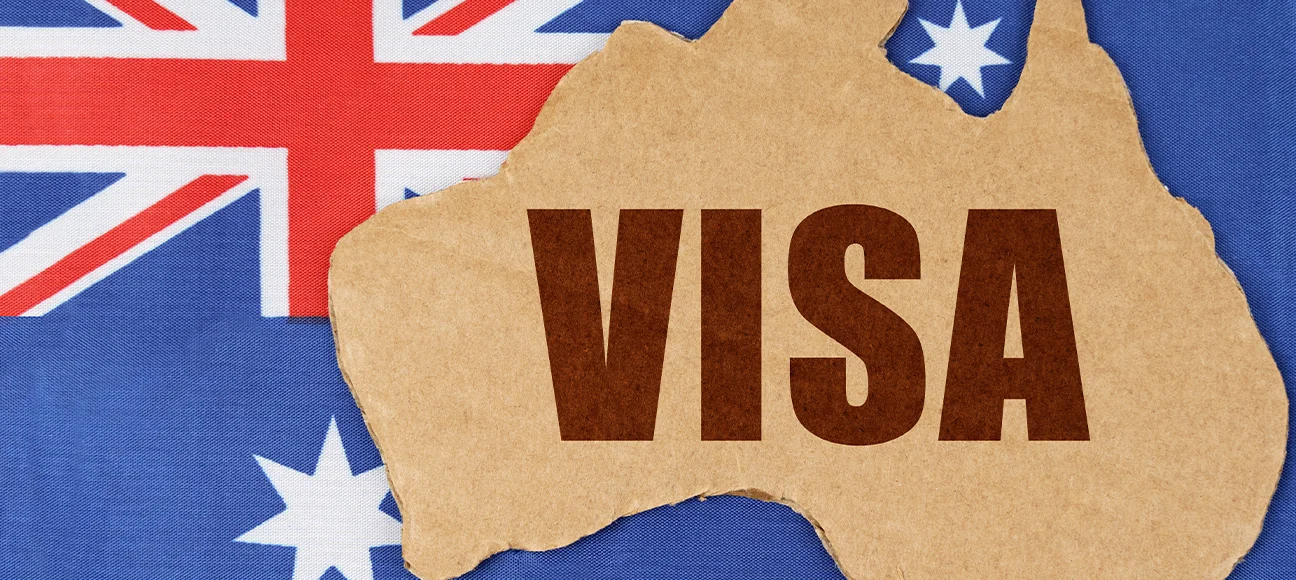
Australia May Cut Student Visa Fees for Short-Term Study Programs Amid Sector Struggles
Australia’s international education sector is pushing for urgent reforms as the country’s recently…
By Vaidant

US Sees 22% Drop in Student Visas as Policy Shifts Spark Global Concern
The United States is facing a significant downturn in international student visa issuance, with…
By Aahana

University of Sheffield Opens Applications for BSc Computer Science (AI) for September 2026 Intake
The University of Sheffield in the United Kingdom has officially opened applications for its…
By Siya

Finland and India Nearing Landmark Mobility Agreement to Boost Skilled Migration
India and Finland are on track to finalise a landmark agreement that will ease mobility…
By Henry

Canada Announces Federal Audit of International Student Program to Restore Trust and Oversight
The Canadian government has announced a federal audit of its International Student Program in a…
By Kai

Malvern International Partners with Liverpool Hope University to Launch Pathway Programmes by 2026
Malvern International has announced a strategic five-year partnership with Liverpool Hope…
By Neerav

Australian University Networks Propose New Vision for International Education
Two major Australian university consortia – the Innovative Research Universities (IRU) and the Regional Universities…
By Jace

Record Number of Chinese Students Apply to UK Universities Through UCAS
The United Kingdom has witnessed a record surge in Chinese undergraduate applications this year, according to the…
By Henry

University of Southampton’s India Campus Attracts Global Interest Ahead of August 2025 Launch
The University of Southampton has received more than 800 applications, including from Nepal, Myanmar, and the UAE for its…
By Aahana

Record Number of Chinese Students Apply to UK Universities Through UCAS
The United Kingdom has witnessed a record surge in Chinese undergraduate applications this year, according to the latest…
By Advay

US Study Abroad Secures Key Victory Against Proposed Federal Funding Cuts
The United States has taken a decisive step in safeguarding its federal funding for international educational and cultural exchange…
By Daniel

London Mayor Slams Proposed Levy on International Student Tuition Fees
London Mayor Sadiq Khan has voiced strong opposition to the UK government’s proposal to introduce a levy on international…
By Ezra

New Zealand Eases Immigration Rules to Attract More International Students
New Zealand is set to roll out a series of major immigration reforms aimed at making the country a top destination for…
By Jace

Dubai Expands Global Education Reach with Three New University Campuses
Dubai has taken a major step towards solidifying its position as a global education hub, announcing the addition of three…
By Aahana
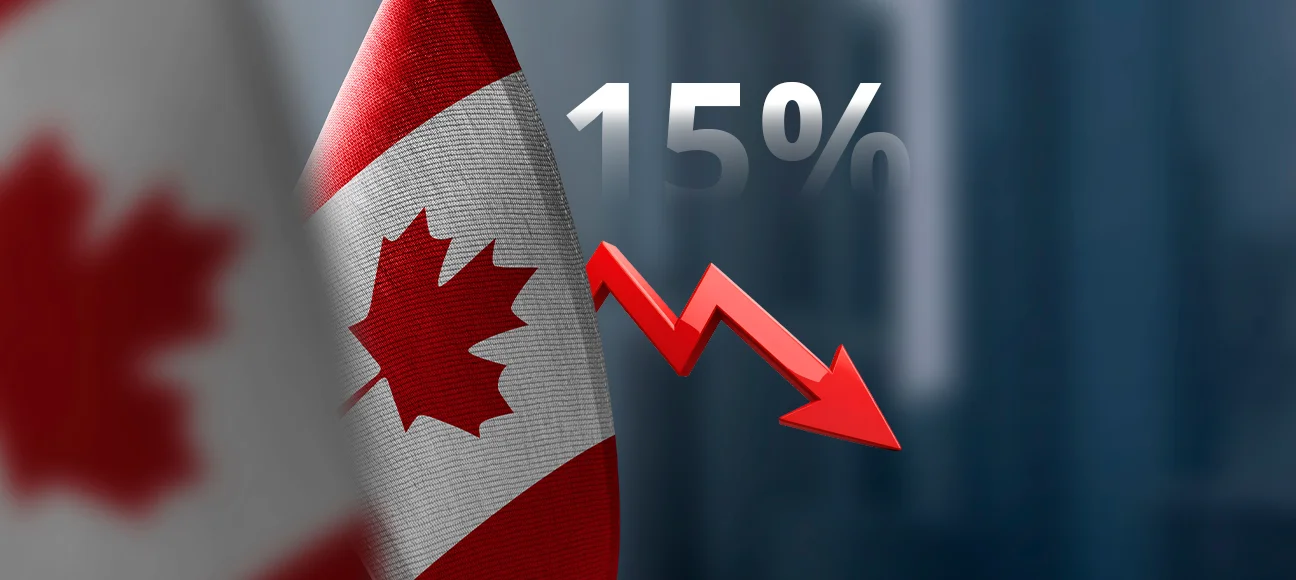
Canada’s Language Sector Suffers 15% Drop Amid Visa Policy Shifts
Canada’s language education sector has taken a significant hit, with student numbers falling by 15% in…
By Neerav

Seoul Dethrones London as World’s Best Student City in QS 2026 Rankings
London has lost its long-held crown as the world’s top student city, with Seoul taking the number one spot in the latest QS…
By Vaidant

PTE Academic Improvements ( Near- term August 2025)
1. New Real-World Speaking Tasks Announced “Respond to a Situation”: Candidates will be given a situation and asked to…
By Sunithi

US Colleges Brace for Drop in International Enrolment Amid Policy Uncertainty
US universities are preparing for a potential decline in international student enrolments for…
By Advay

Ireland Hosts Record 128,000+ English Language Students in 2024, Injecting €792 Million into Economy
Ireland’s English Language Education (ELE) sector welcomed a record 128,761 international students…
By Siya

New Zealand Unveils Growth Plan to Attract 35,000 More International Students by 2034
New Zealand has launched an ambitious 10-year strategy to boost international student numbers by…
By Daniel
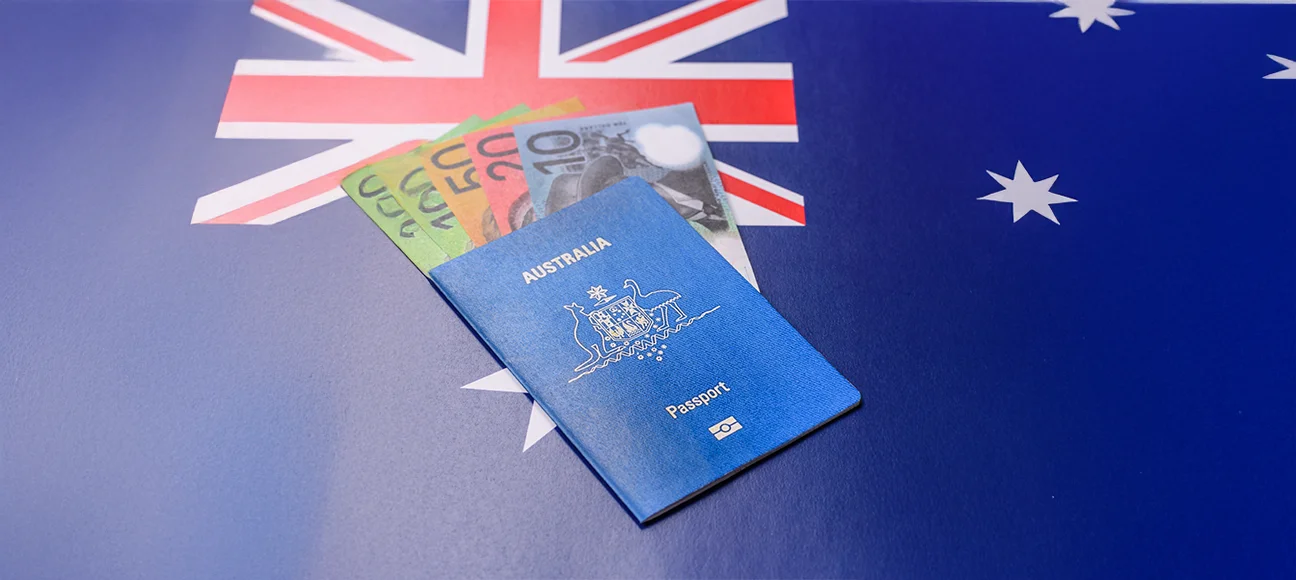
Australia Hikes Student Visa Fee to AUD 2,000, Becomes Costliest Study Destination
Australia has raised its student visa application fee for Subclass 500 from AUD 1,600 to AUD 2,000, effective…
By Kai

Glasgow Caledonian University Pauses International Recruitment Amid Compliance Concerns
Glasgow Caledonian University has temporarily suspended international student recruitment for several…
By Ezra

Pearson Upgrades PTE Academic with New Speaking Tasks and Stricter AI Scoring from August 2025
Pearson has announced key updates to the Pearson Test of English (PTE) Academic, introducing two new speaking…
By Siya

Canada Raises Financial Requirement for International Students Starting September 2025
Canada has announced an increase in its cost-of-living financial requirement for international students, raising the threshold to…
By Advay
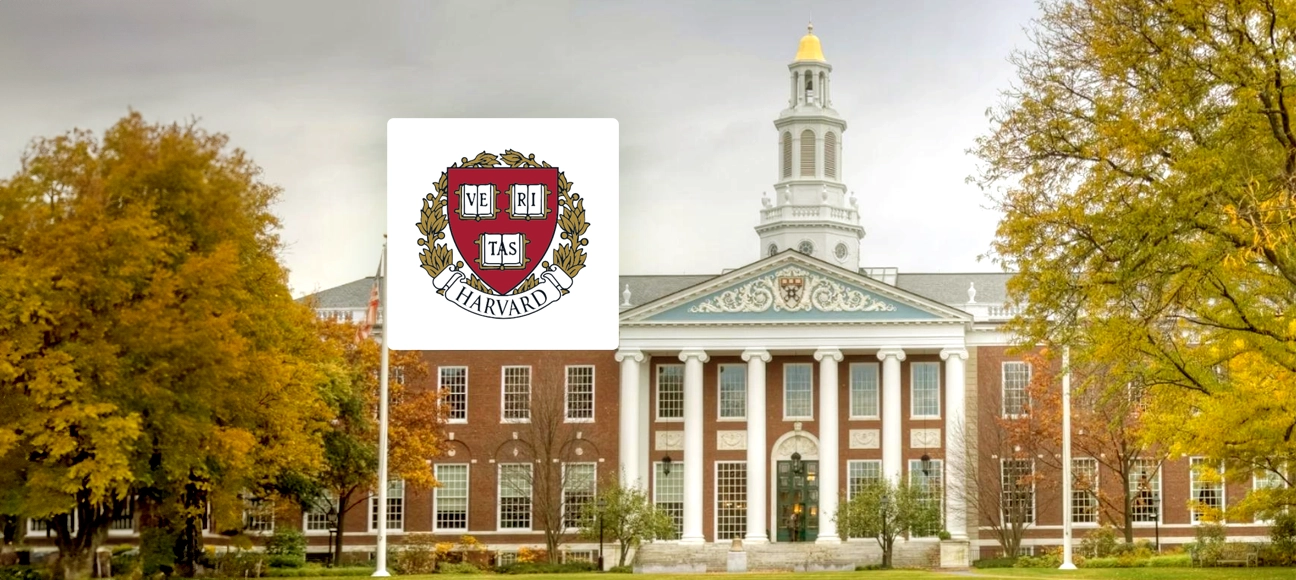
US Escalates Subpoena Battle with Harvard Over International Student Records
The United States has intensified its legal standoff with Harvard University, as the Department of Homeland Security (DHS) formally…
By Jace
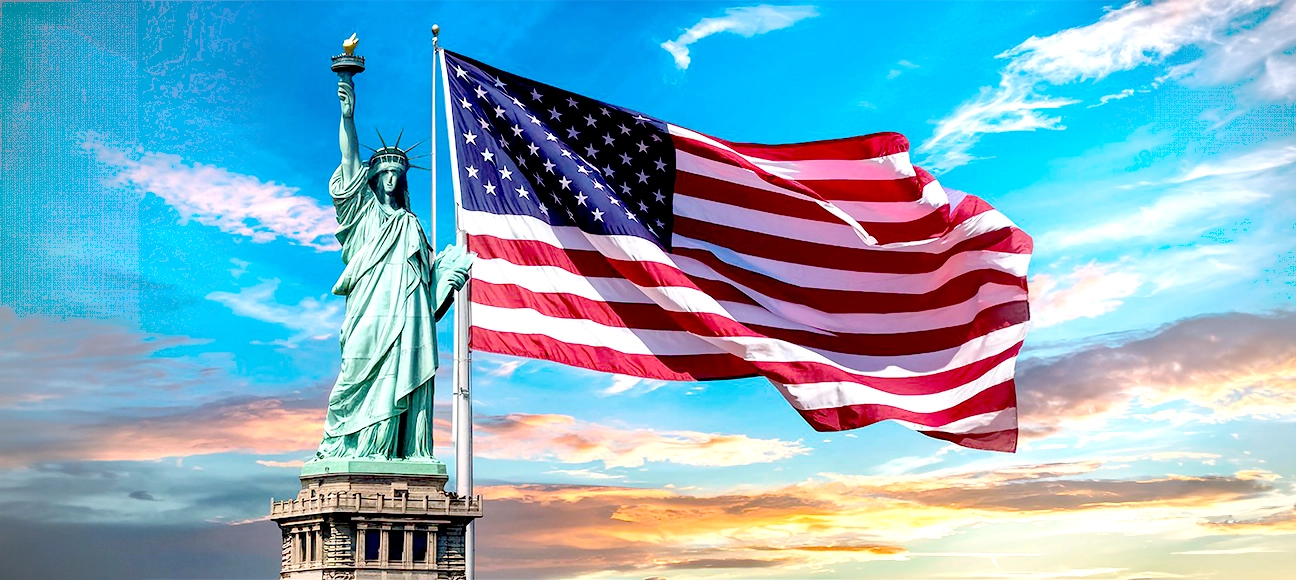
US Corrects Data Error After 200,000 International Students Overlooked
The United States has admitted to a significant federal data error that undercounted over 200,000 international students in…
By Aahana

UK Study Raises Alarms Over “Less Traditional” English Language Tests
A new study by the Universities of Dundee and Cambridge has sparked debate across the…
By Aahana
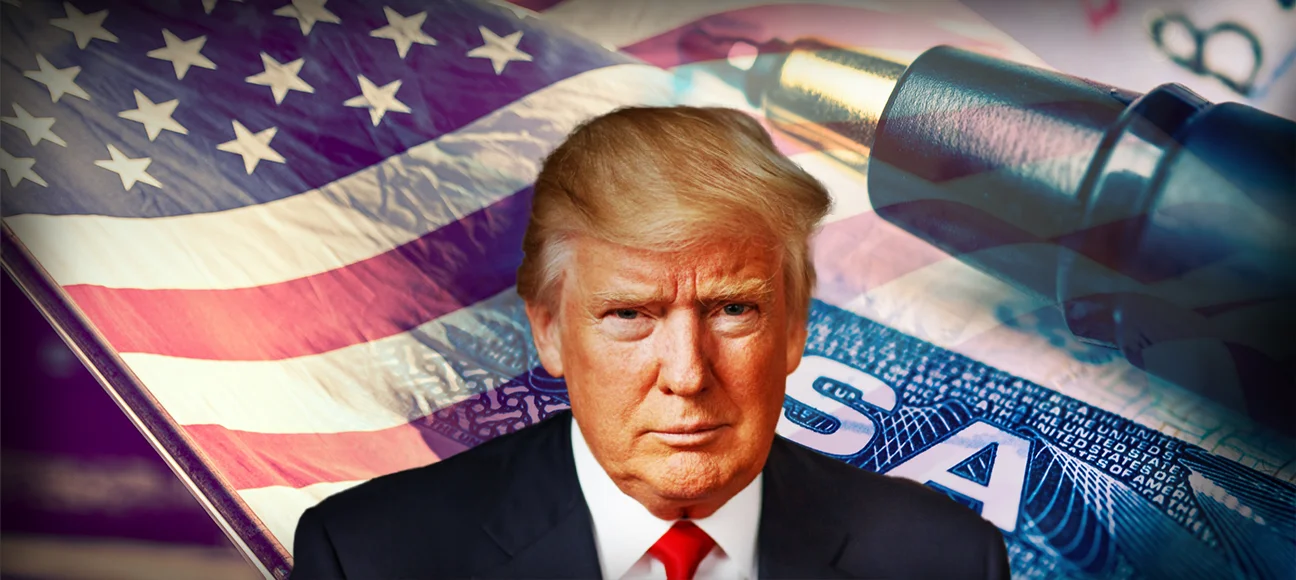
Trump Administration Reconsiders Time Limits for US Student Visas
The United States may soon reintroduce fixed time limits on international student visas, ending the current…
By Ezra

Denmark Expands Positive List for Foreign Workers from 1 July 2025
Denmark has announced a major update to its Positive List for foreign workers, increasing the number of eligible job roles…
By Daniel
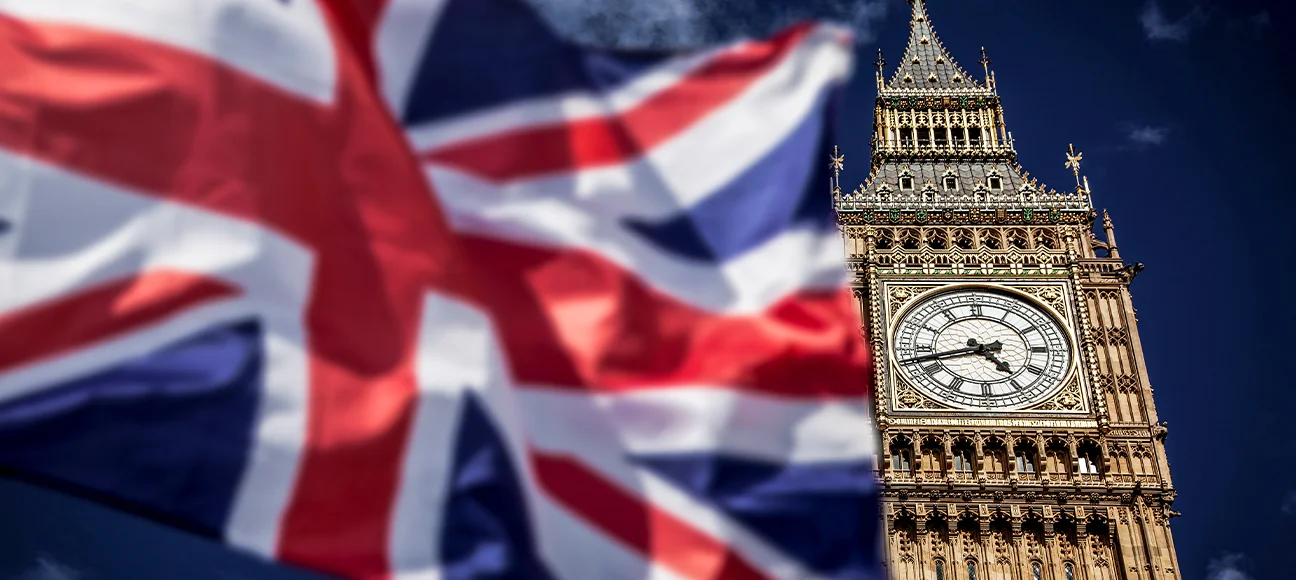
UK Home Office Explores Remote Testing Options for £680m HOELT Tender
The UK Home Office has launched a fresh round of market engagement for its upcoming Home Office English Language Test…
By Neerav

Kazakhstan Emerges as Global Education Hub with Surge in International Campuses
Kazakhstan is fast becoming a new hotspot for international higher education as universities from across the globe prepare…
By Kai

Italy to Issue 500,000 Work Permits for Foreign Nationals Between 2026 and 2028
In a significant move to address labour shortages and demographic decline, Italy has announced plans to issue…
By Vaidant

Norway Proposes Fee Flexibility for Non-European Students Amid Enrolment Drop
In response to a steep decline in international enrolments, the Norwegian government has proposed giving universities and colleges…
By Siya

France’s ESCP Business School Launches New Schools, Deepens India Ties
France’s ESCP Business School has announced a major expansion plan under its 2026–2030 Bold & United…
By Advay

JGU Signs MoUs with Cambridge Colleges to Launch Study Abroad Programmes
India’s O.P. Jindal Global University (JGU) has formalised strategic partnerships with two colleges of…
By Kai
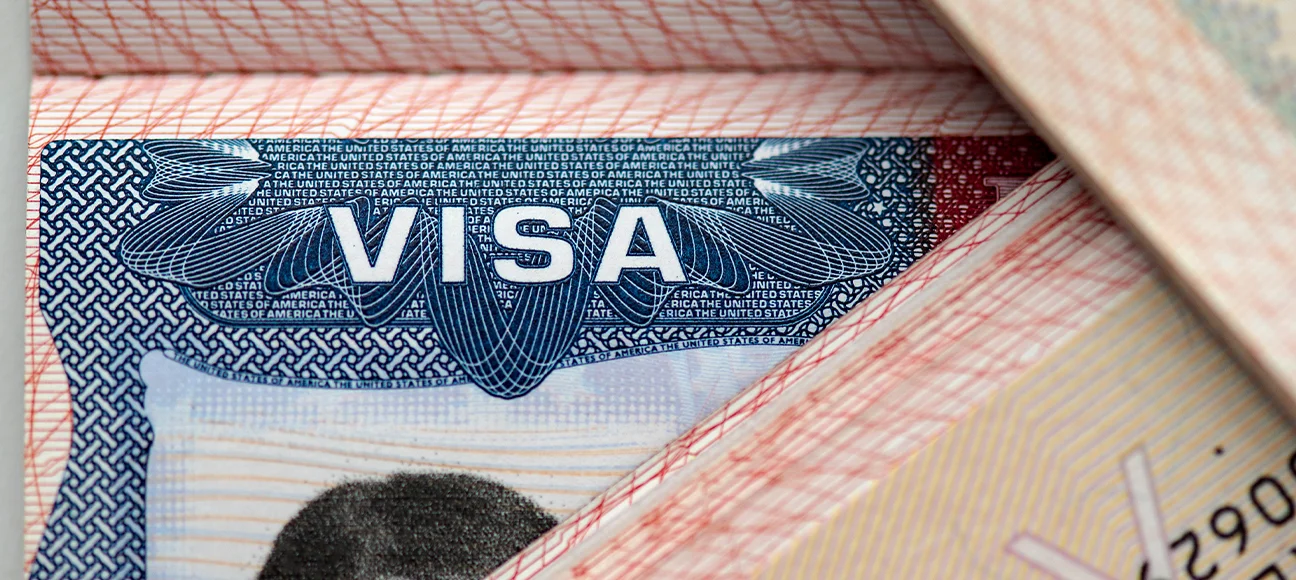
Visa Denials Top the List of Challenges for US English Language Sector
Despite slight growth in student numbers, visa denials have emerged as the leading challenge facing the US English Language…
By Jace

Japan’s Study Abroad Numbers Rebound in 2024, Australia Leads as US Interest Declines
Japan’s outbound study abroad figures have nearly returned to pre-pandemic levels, according to the Japan Association of Overseas…
By Vaidant

Duolingo Launches UK Welcome Project to Support Displaced International Students
In response to rising visa delays and geopolitical disruptions impacting student mobility, Duolingo English Test (DET) has launched…
By Neerav

Australia Launches Interim Tertiary Education Commission to Drive Long-Term Reform
In a significant policy shift, the Australian Government has officially launched the interim Australian Tertiary Education…
By Daniel
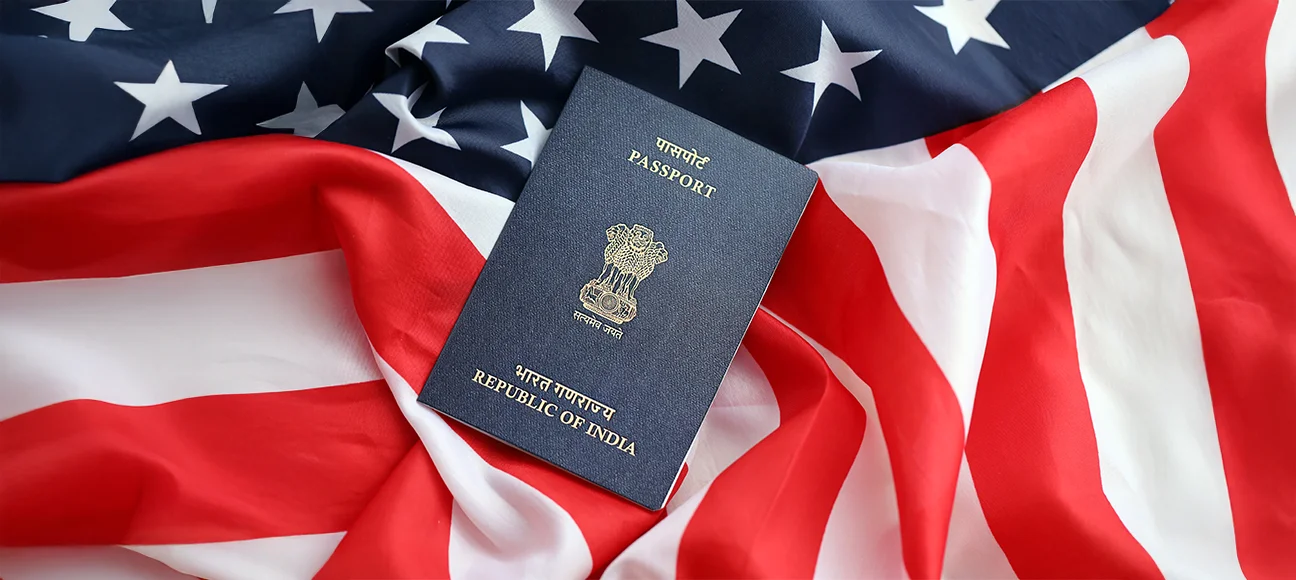
India Calls for Fairness as US Tightens Student Visa Screening
India has urged the United States to ensure fair treatment of Indian nationals following Washington’s recent directive to intensify…
By Henry
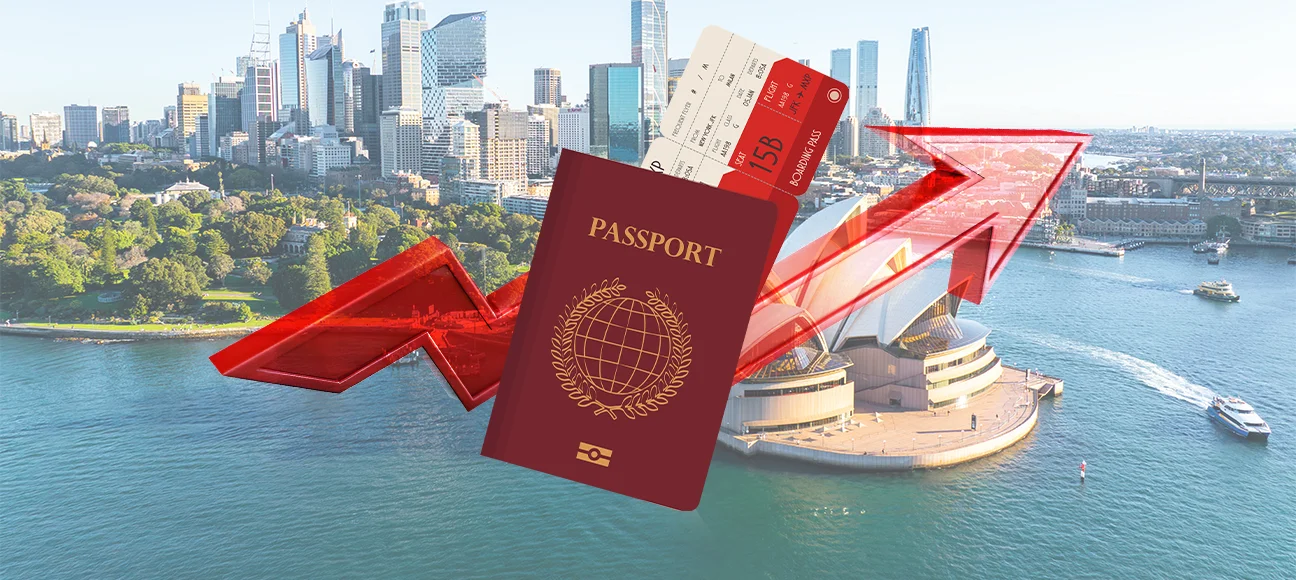
Australia Hikes Student Visa Fee to AUD$2,000, Sparking Sector-Wide Concerns
The Australian government has increased its student visa application fee to AUD$2,000, solidifying its position as the most expensive…
By Kai

Monash University, Australia, Announces 2025 International Leadership Scholarship for Global Students
Monash University, Australia, has opened applications for its prestigious Monash International Leadership Scholarship, aimed at…
By Aahana
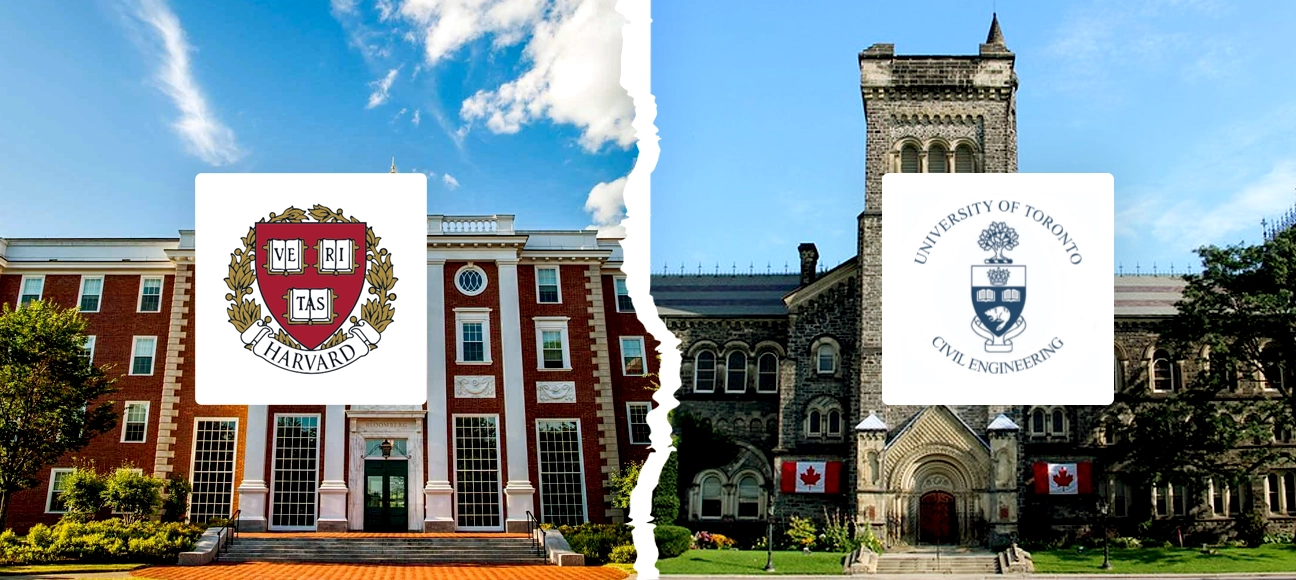
Harvard Partners with University of Toronto to Protect International Students Amid US Visa Uncertainty
Harvard University has announced a contingency partnership with the University of Toronto to safeguard international students’ academic…
By Advay

CBSE Announces Twice-a-Year Class 10 Board Exams Starting 2025 Under NEP Reform
In a major reform aligned with India’s National Education Policy (NEP) 2020, the Central Board of Secondary Education (CBSE) has announced…
By Ezra

Canada Revises PGWP Eligibility List, Removing 180 Fields of Study
In a fresh policy update, the Government of Canada has revised the list of programmes eligible for the coveted Post-Graduation…
By Jace

New Zealand Relaxes Visa Rules for Degree Holders from India and Eight Other Nations
In a significant boost to international mobility, New Zealand has updated its List of Qualifications Exempt from Assessment (LQEA), easing immigration…
By Siya

UAE’s New Study Abroad Criteria Raise Concerns Over Ranking-Driven Restrictions
The United Arab Emirates has introduced stricter study abroad regulations for Emirati students, tying eligibility for overseas…
By Daniel

Legal Battle Rekindled Over US Student Visa Revocations
A fresh legal challenge has been launched against the United States government over its sweeping revocation of international student visas and SEVIS…
By Henry

University of Strathclyde Opens Applications for MRes in Mathematical Sciences for September 2025
The University of Strathclyde, based in Glasgow, Scotland, is now accepting applications for its one-year…
By Jace

Malaysia’s New 6% Service Tax on Private Education to Impact International Students
Malaysia will implement a 6% service tax on private education for international students…
By Advay
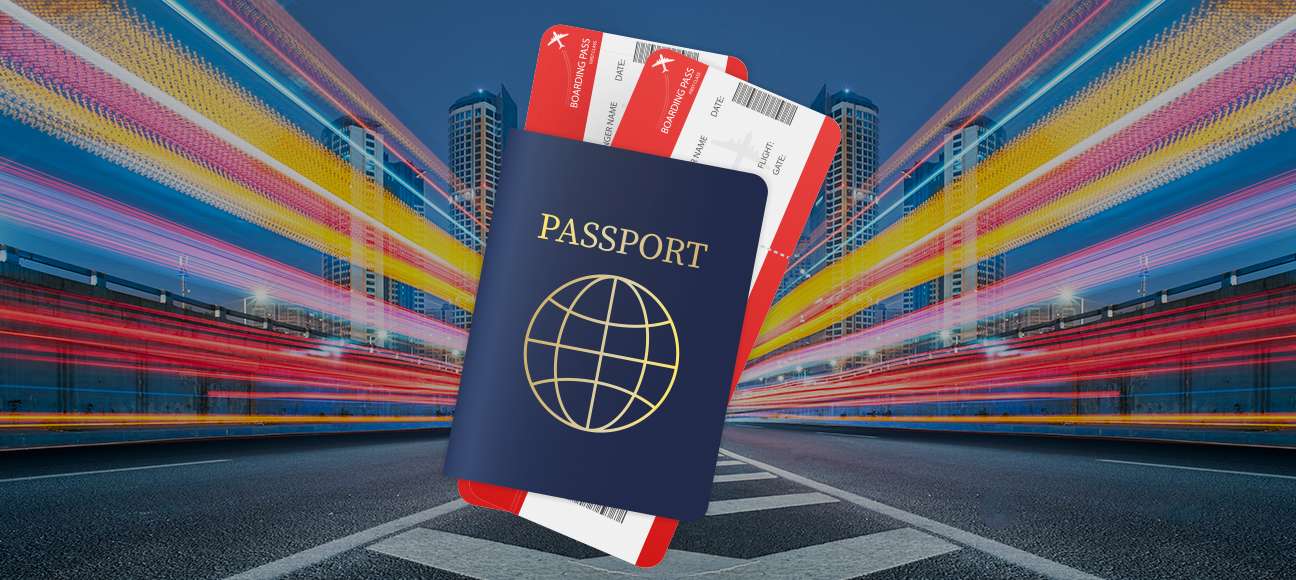
Spain Offers Fast-Track Visas to International Students Affected by U.S. Visa Policies
In a strategic bid to position itself as a global education hub, Spain has unveiled a fast-track…
By Ezra

Canada Mulls Tweaks to Study Permit Cap as Sector Faces Job Losses and Financial Strain
The Canadian government is considering potential adjustments to its controversial cap on…
By Henry

Trump Reassures Chinese Students Amid Visa Crackdown Concerns
In a surprising shift in tone, former US President Donald Trump has declared that…
By Vaidant

US Tightens Social Media Screening for Student Visa Applicants
In a move drawing sharp criticism from immigration experts, the United States has…
By Neerav

India–Canada Diplomatic Reset Boosts Student Confidence, Sparks Surge in Canadian College
The recent improvements in diplomatic tensions between India and Canada has reignited student interest in Canadian universities, with…
By Siya
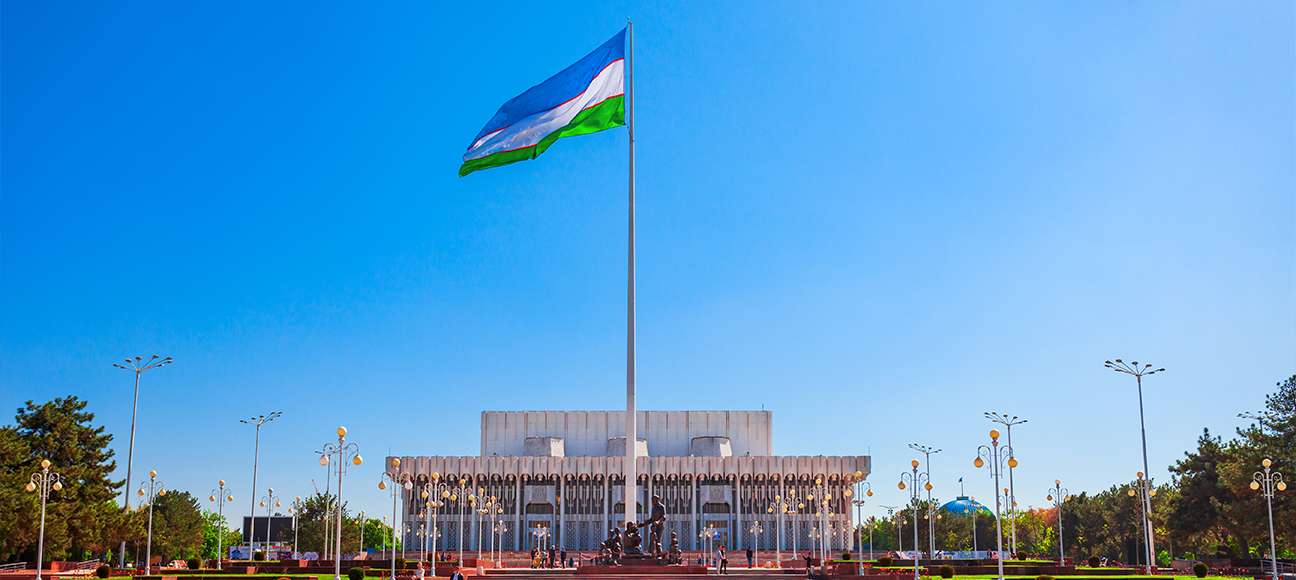
Uzbekistan Offers Fully Funded Master’s Scholarships to Indian Students in Tourism and Heritage
The Republic of Uzbekistan has announced five fully funded scholarships exclusively for…
By Jace
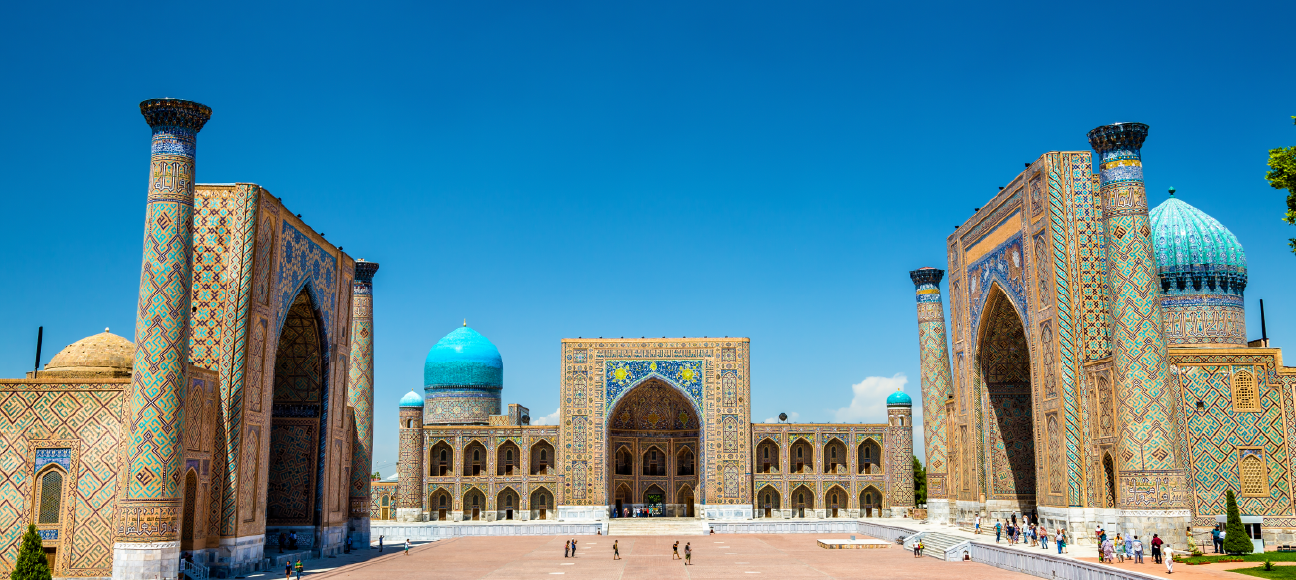
Uzbekistan Announces Fully-Funded Master’s Scholarships for Indian Students
The Republic of Uzbekistan has opened applications for five fully-funded scholarships exclusively for…
By Daniel

Five International Universities to Open Campuses in Mumbai
In a major development for India’s transnational education (TNE) landscape, five international universities…
By Kai

US Resumes Student Visa Interviews
The United States has resumed student visa interviews globally after a nearly four-week…
By Henry

IIT Delhi, Bombay Among Top 130 in QS World University Rankings 2026
India Rises in QS World University Rankings 2026 as IIT Delhi and IIT Bombay Enter Global…
By Ezra

NISAU Founder Sanam Arora Joins London Metropolitan University Board of Governors
London Metropolitan University has appointed Sanam Arora, chair of the National Indian Students and…
By Vaidant
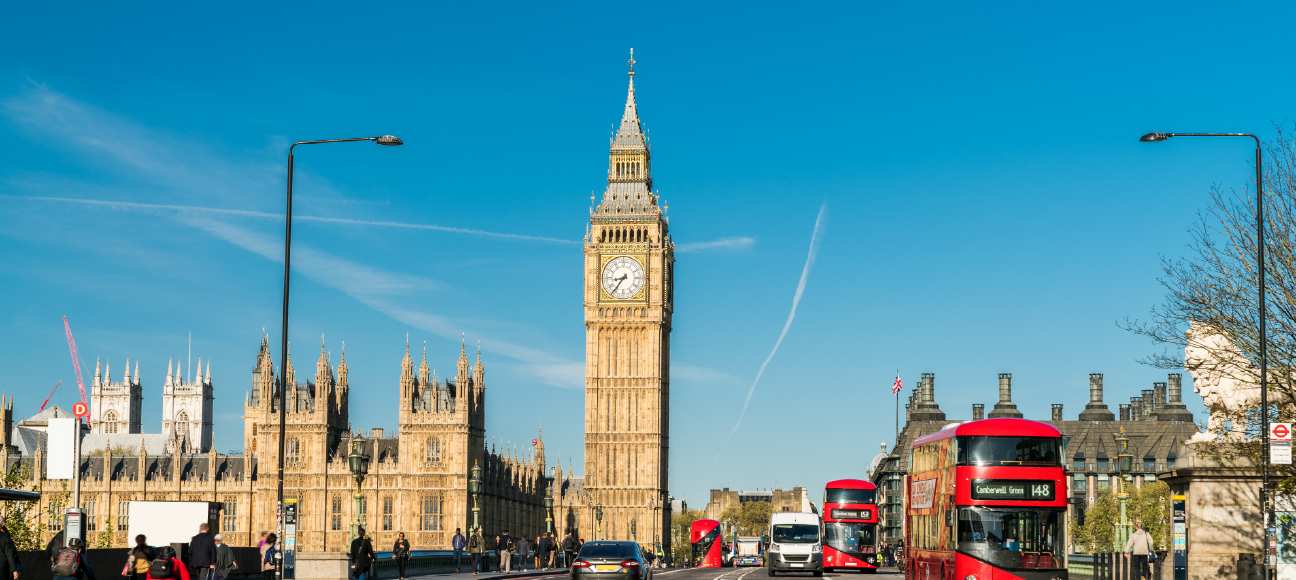
Wales Emerges as Rising UK Hub for International Students
Wales is fast becoming a leading destination for global learners, with new data revealing the country…
By Aahana

Perth International College of English Closes Amid Visa Fee Hikes and Enrolment Struggles
The Perth International College of English (PICE), a long-standing institution in Australia’s ELICOS…
By Advay

King’s College School Wimbledon to Launch Flagship International Campus in Abu Dhabi
King’s College School Wimbledon has announced its plans to open a new international campus in Abu Dhabi, in…
By Siya
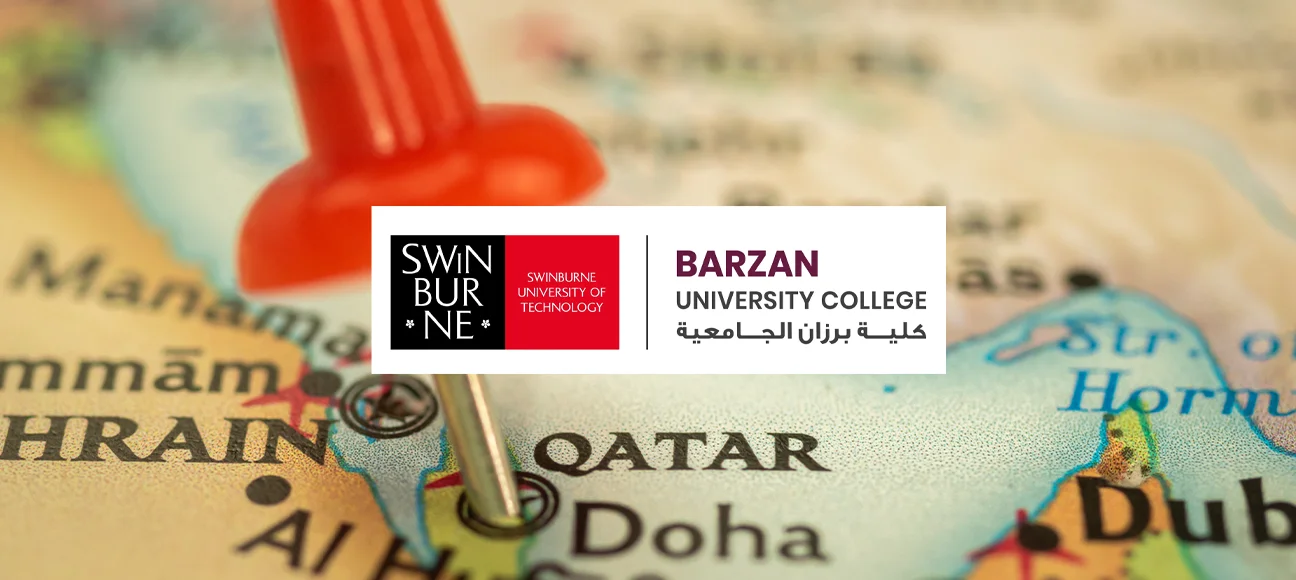
Swinburne University to Offer Australian Degrees in Qatar Through Barzan University College Partnership
Australia’s Swinburne University of Technology has announced a strategic partnership with Barzan University College…
By Neerav

Uzbekistan Sees Surge in Indian Student Enrolment, Driven by Medical Aspirants
The number of Indian students pursuing higher education in Uzbekistan has witnessed a dramatic rise, with…
By Daniel

University of Strathclyde Offers £7,000 International Masters Scholarship in Physics
The University of Strathclyde in the United Kingdom has launched a new round of £7,000 International Masters…
By Kai

Ongoing US Visa Freeze Disrupts Summer Exchange Programmes
A continuing freeze on US visa interview appointments is threatening to derail thousands…
By Jace

UAE Flags Overseas Universities Exploiting Emirati Students Amid New Recognition Rules
The United Arab Emirates has raised serious concerns about the quality of education offered to Emirati…
By Aahana

Germany Cautions Indian Students: Avoid Study Abroad ‘Package Deals’ from Unreliable Agents
Germany has issued a strong advisory to Indian students, urging them to avoid relying on…
By Ezra
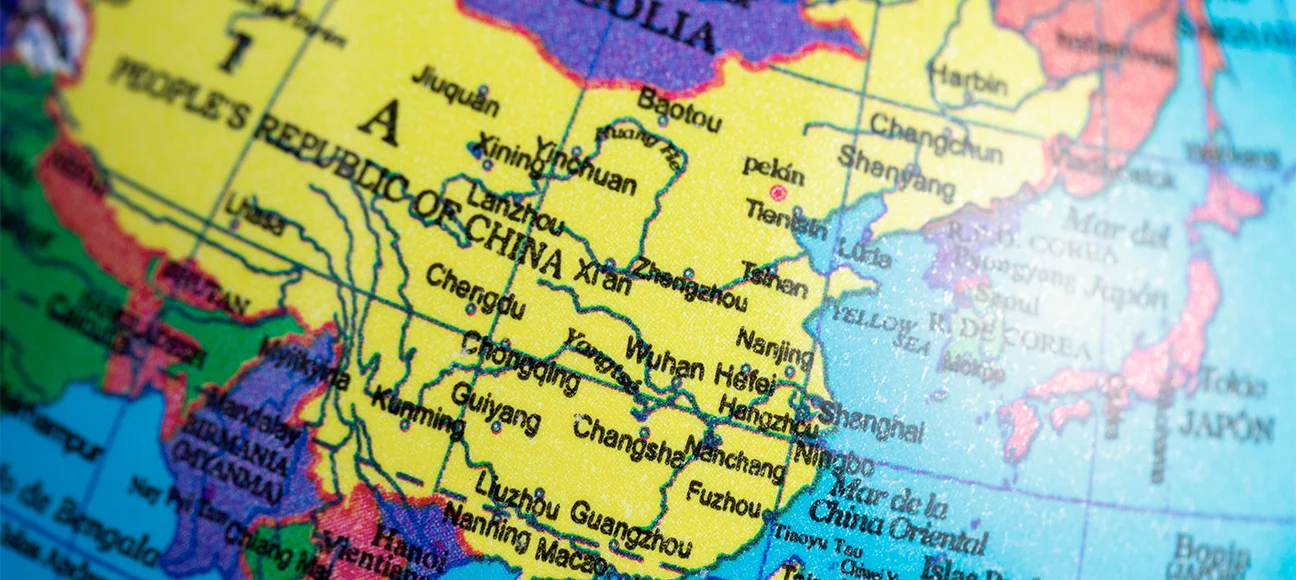
East Asia Ramps Up Internationalisation as Western Study Destinations Face Policy Shifts
As traditional study destinations such as the UK, US, Canada and Australia tighten immigration…
By Daniel

UK Remains a Top Choice for International Students Despite Immigration White Paper Concerns
Despite growing apprehensions surrounding the UK government’s recent immigration…
By Advay
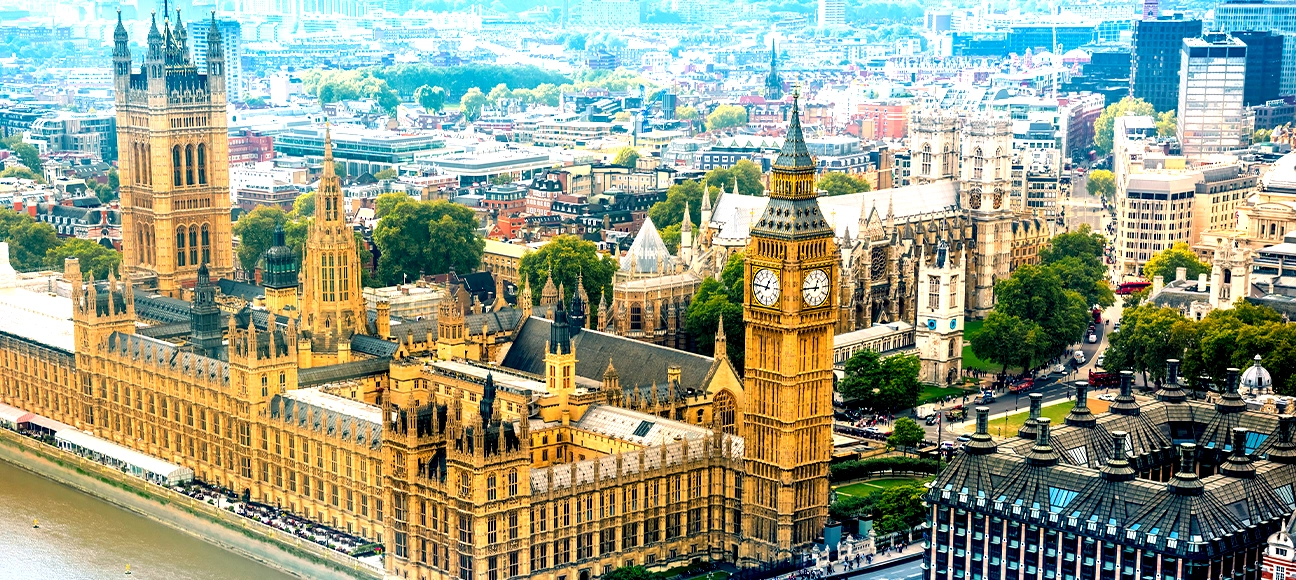
UK Boarding School Launches Elite Football and Education Programme for Global Students
Abbotsholme School in Staffordshire, United Kingdom, has unveiled an elite football…
By Henry

Duolingo Launches USD 30,000 Scholarship for Indian Women in STEM Pursuing Studies in the US
The Duolingo English Test (DET), in collaboration with the Office of the Principal Scientific Adviser to the…
By Vaidant

Over 1.33 Crore Students Sit for Gaokao, China’s National College Entrance Exam
More than 1.33 crore students across China took the Gaokao on Saturday, the country’s high-stakes national college entrance…
By Siya

Nepal to Offer Free Visas for International Students in Bid to Boost Education Appeal
Nepal has announced it will offer free student visas to international learners enrolling at its…
By Neerav

UAE Tightens University Ranking Criteria for Emirati Students Studying Abroad
The United Arab Emirates has introduced new regulations that limit where Emirati students…
By Henry
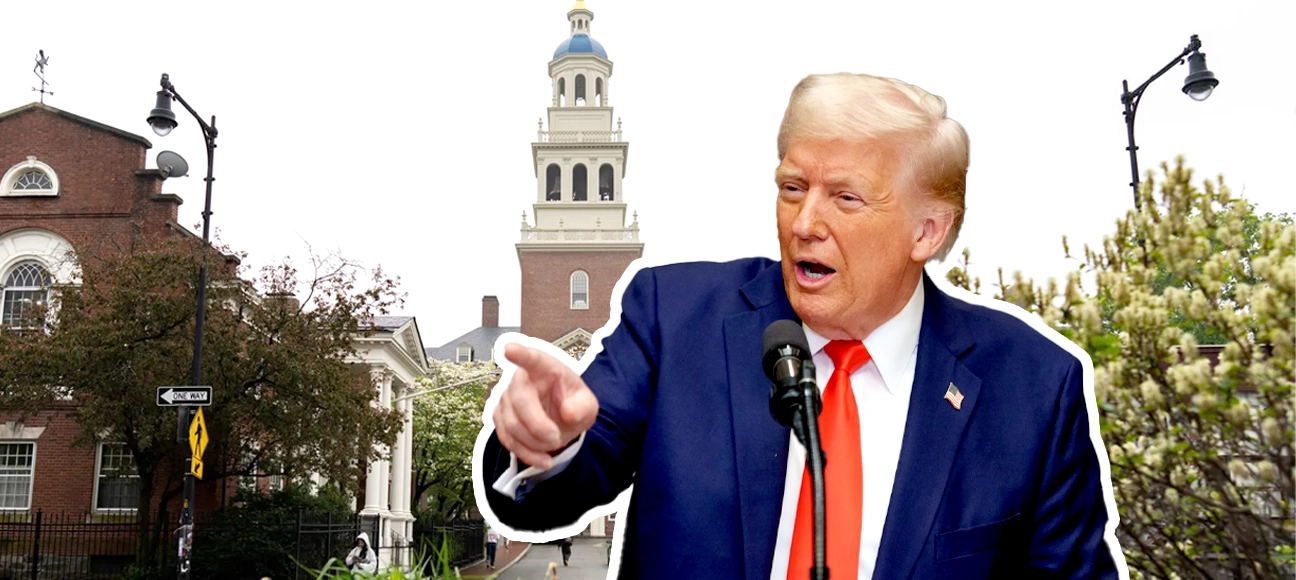
Trump Blocks New Visas for Harvard International Students in Escalating Row
In a dramatic escalation of tensions between the Trump administration and Harvard…
By Daniel
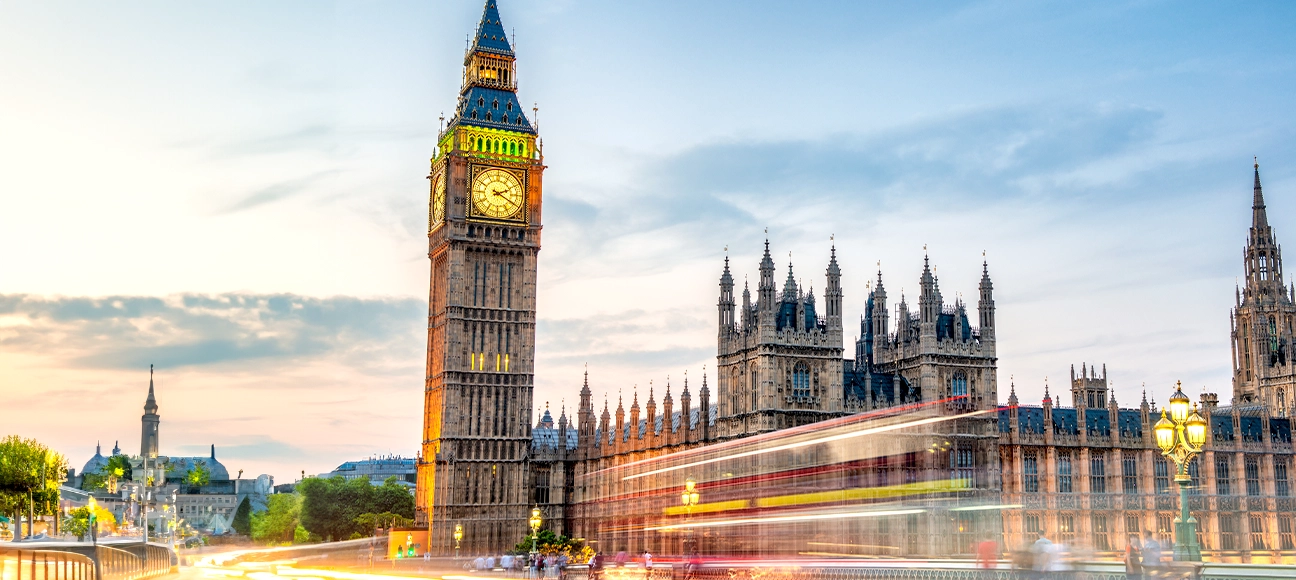
Rising Rents Deepen UK Student Housing Affordability Crisis
The United Kingdom is facing a worsening student housing affordability crisis, with new data revealing a 15% rise in the…
By Advay
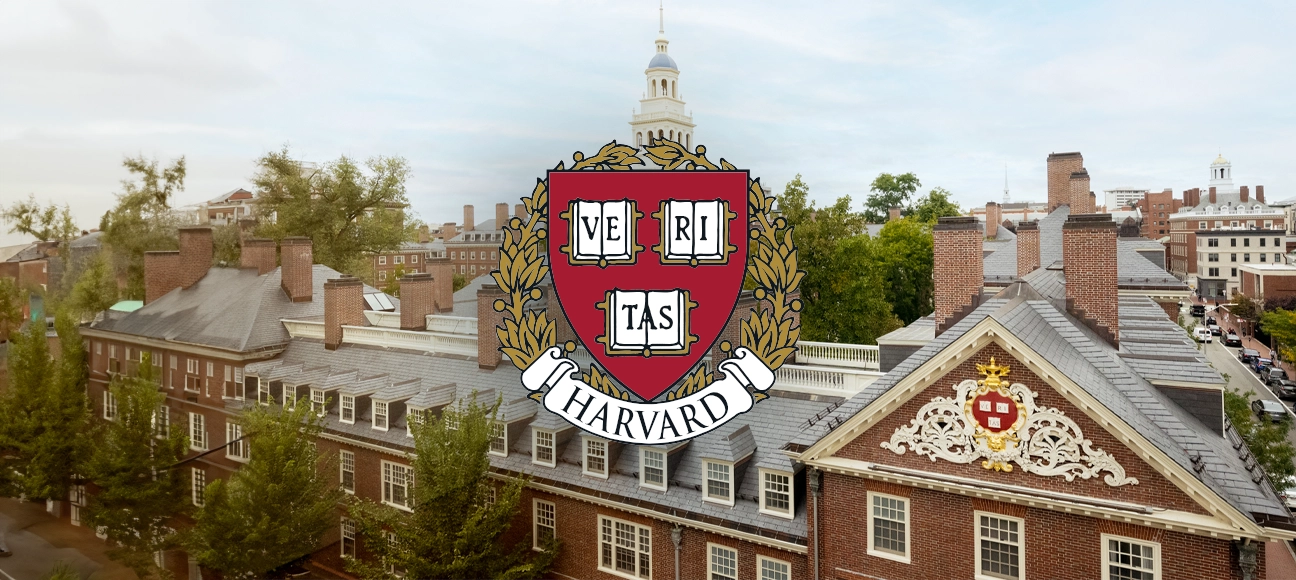
US Orders Social Media Vetting for Harvard Visa Applicants, Raising Global Concerns
The United States has begun implementing enhanced social media screening for all international applicants bound for Harvard…
By Kai

US Visa Interview Freeze Puts Future of International Students in Jeopardy
A freeze on student visa interviews by the US State Department has raised alarm across the international education sector, threatening…
By Aahana

Strathclyde Business School Announces £8,000 Scholarships for 2025 International MSc Students
In celebration of Glasgow’s 850th anniversary, the University of Strathclyde Business School (SBS), Glasgow, Scotland…
By Daniel

French Business School Offers Safe Haven to Students Affected by US Visa Chaos
As international students face mounting visa hurdles in the United States, France has stepped forward with an…
By Ezra
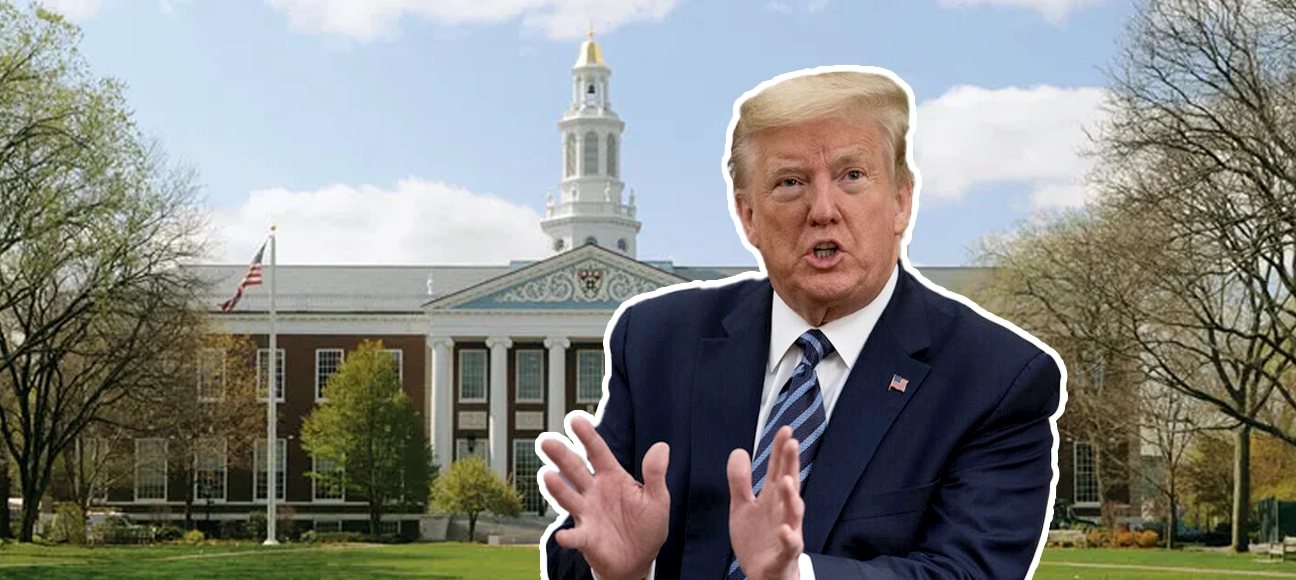
Harvard Wins Temporary Relief as US Court Blocks Trump’s Ban on International Students
A United States judge has issued a preliminary injunction halting the Trump administration’s controversial attempt to bar Harvard…
By Siya

Trump Administration Plans to Withdraw $100m in Harvard Funding Amid Ongoing Dispute
The United States government is reportedly preparing to pull approximately $100 million in federal…
By Neerav
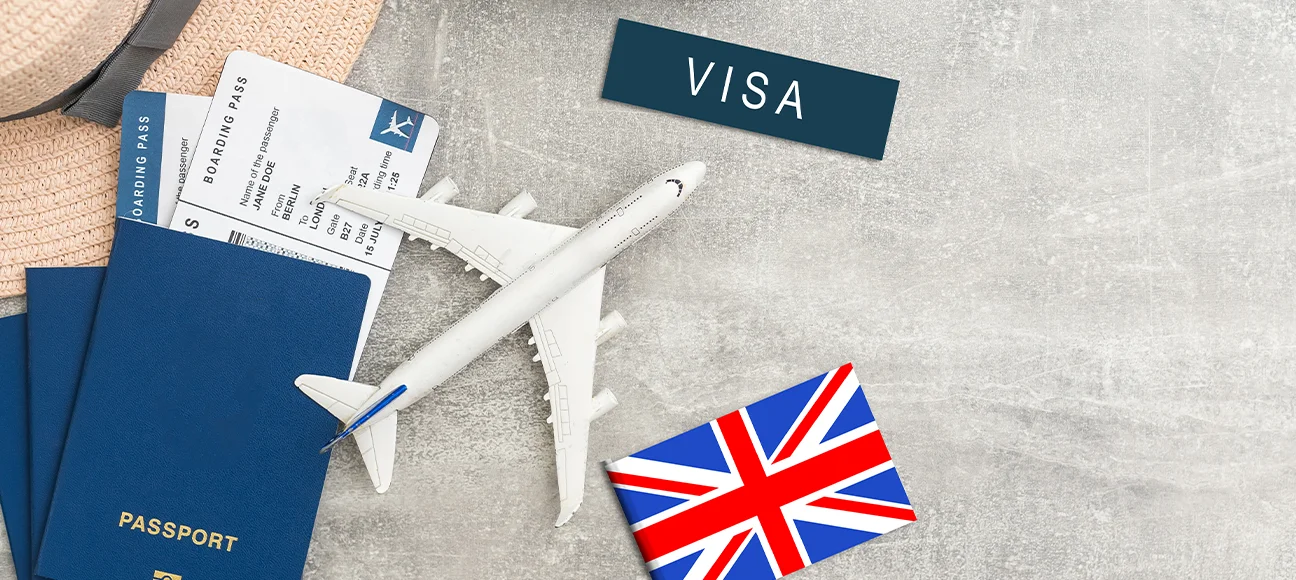
UK Higher Education Sector Braces for “Arbitrary” Visa Compliance Overhaul
The UK government’s proposed changes to the Basic Compliance Assessment (BCA) for international…
By Henry

US to “Aggressively Revoke” Chinese Student Visas Amid Escalating Tensions
In a move likely to deepen China-US tensions, the United States has announced it will…
By Jace

TOEFL Set for AI-Driven Revamp with Adaptive Testing and Simplified Processes
The Educational Testing Service (ETS) has announced major upgrades to the Test of English as…
By Vaidant

University of London and ACCA Launch Integrated BSc in Professional Accountancy
The University of London, in collaboration with the Association of Chartered Certified…
By Aahana

University of Liverpool Announces New International Campus in India
The University of Liverpool has officially announced plans to establish an international branch…
By Advay
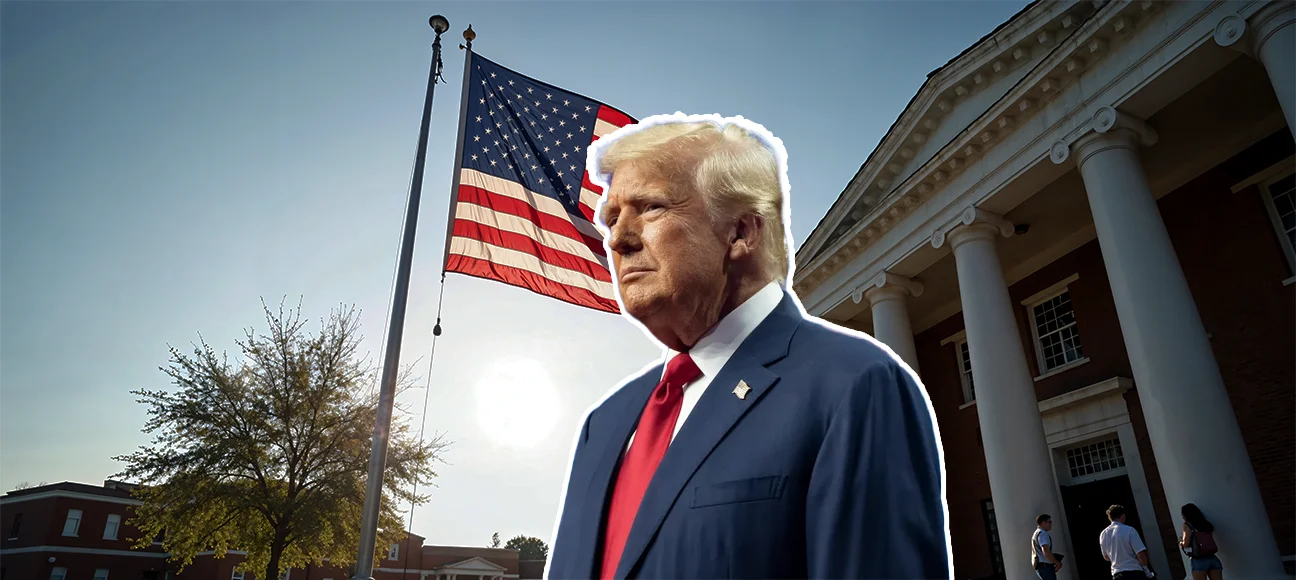
Trump Administration Halts New US Student Visa Interviews Amid Plans for Expanded Social Media Vetting
The United States has temporarily halted the scheduling of new international student visa interviews at…
By Kai

Five Oxford Researchers Elected Fellows of UK’s Academy of Medical Sciences
In a significant recognition of academic excellence, five researchers from the University of Oxford…
By Daniel
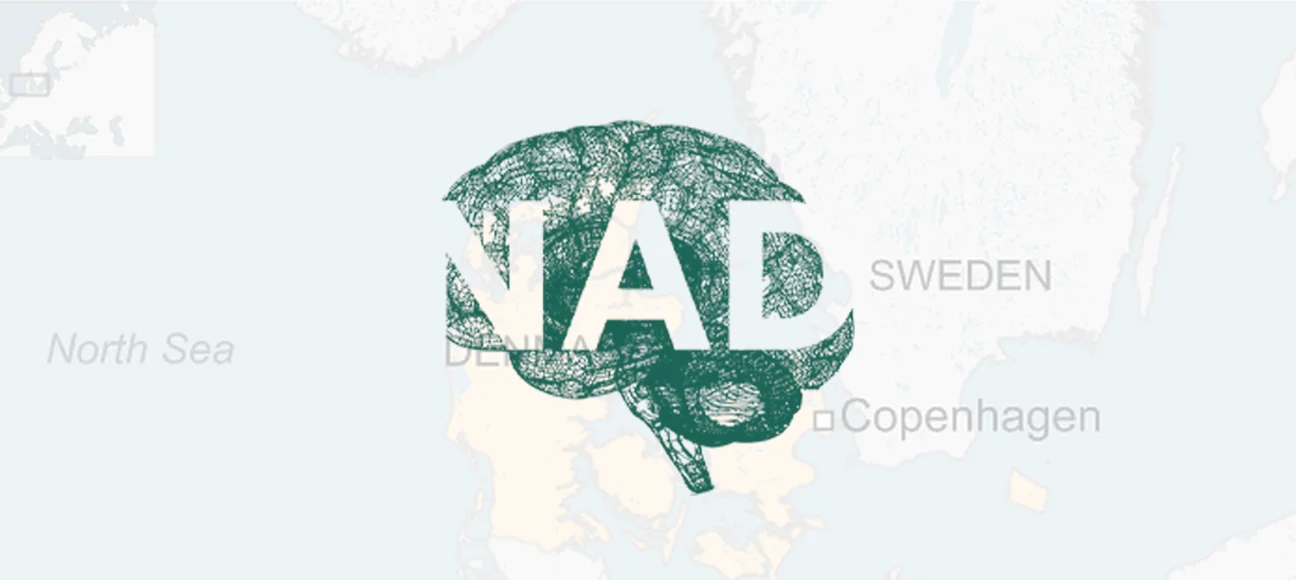
Study in Denmark: 16 Fully Funded NAD PhD Fellowships in Neuroscience Announced
Denmark is inviting applications for 16 fully funded PhD fellowships in neuroscience through the…
By Ezra

Brown University Confers Degrees to Class of 2025, Urges Grads to Lead with Compassion
Brown University, one of the Ivy League institutions in the United States, has officially conferred…
By Siya
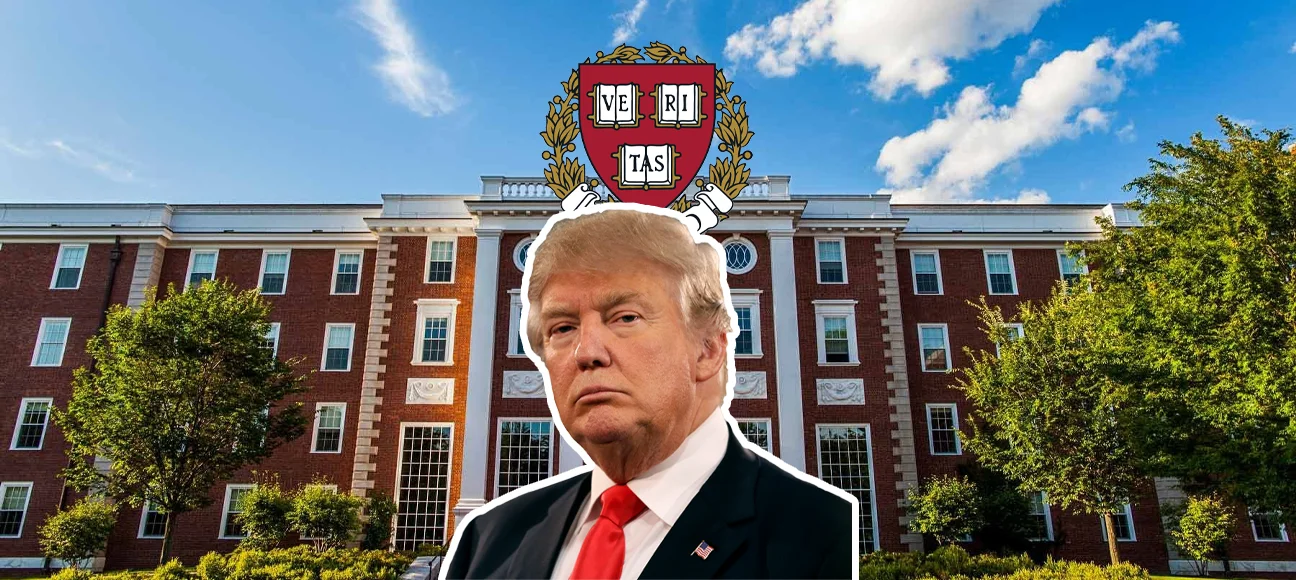
US Judge Blocks Trump Administration’s Ban on International Enrolments at Harvard
A federal judge has temporarily halted the Trump administration’s attempt to prevent Harvard…
By Vaidant
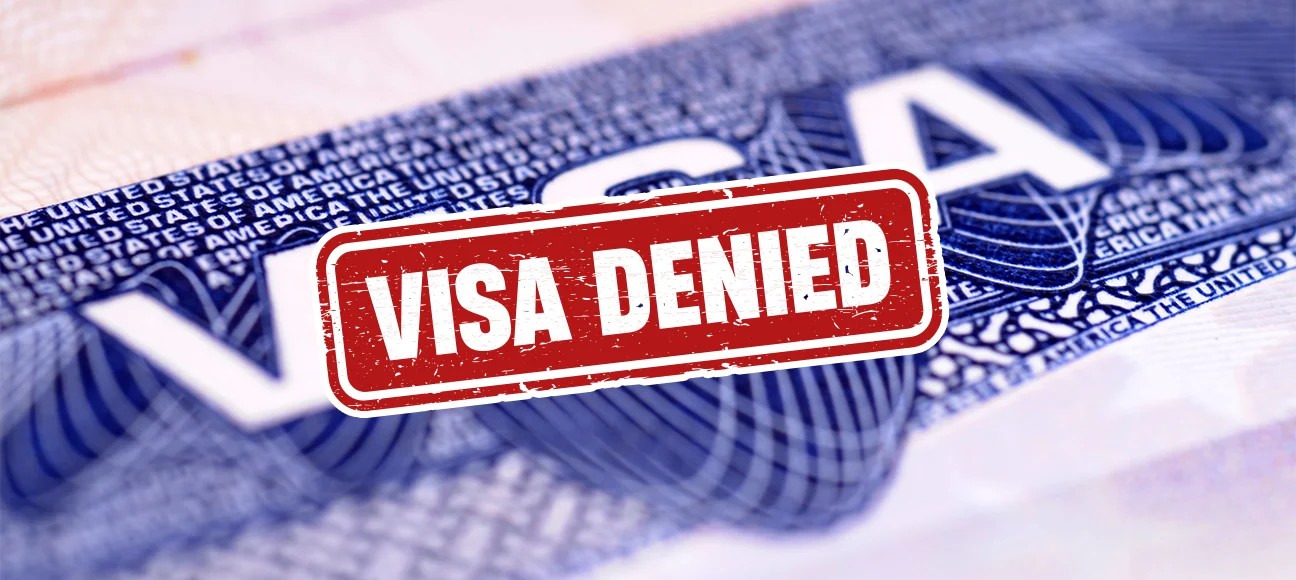
Trump’s Immigration Nominee Vows to End Post-Study Work Visas for International Students
In a move that could significantly impact international education, President Trump’s…
By Neerav

Five Global Universities Set to Establish Campuses in India Under New UGC Regulations
In a landmark move for Indian higher education, five internationally acclaimed universities…
By Henry

University of Portsmouth Launches London Pathway College to Boost Access and Global Engagement
The University of Portsmouth has officially launched its London Pathway College (LPC), marking a major…
By Jace

UK Net Migration Drops Sharply as Student Dependant Ban Takes Effect
The United Kingdom has recorded a significant decline in net migration, marking…
By Advay

University of Sheffield Opens Applications for MA Urban Design and Planning 2025 Intake
The University of Sheffield, UK, has opened admissions for its prestigious MA Urban Design and Planning…
By Daniel
